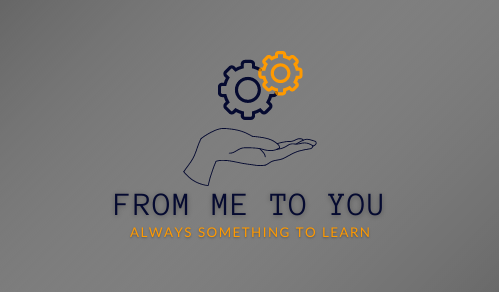Graphic designed by Evan Brooks.
When thinking of honesty, at least in the context of college, our thoughts usually center around academic hone\sty — the kind of honesty focused on ensuring no one is cheating or plagiarizing. While I wholeheartedly suggest you are honest academically, this article focuses more on the personal side of things. We need to be honest with ourselves; as it is what we believe in, what we stand up for and what we are willing to sacrifice that shapes who we are.
You cannot please everyone, walking the tightrope all your life only means the depth of your beliefs are seen to be as thin as the line you walk to others. It is not the best idea to just pick a side and run with it either; instead, you should take the time to understand all sides of every argument. After you have taken the time to understand each and every side to a subject, you can then make a formulated and informed opinion that best resonates with you.
Likewise, in being honest to yourself, you should never just nod your head and agree about something to someone if you do not actually believe what they said for the sake of getting someone to like you. You will find like-minded individuals in your life, which is why we should not put precedence to try and agree with everyone we meet, or try to make a relationship with someone, when we know the pieces do not fit together.
Honesty is hard, that much is recognized, but the task of being honest to yourself and to others is invaluable, and as such is worth the work put into it. Like anything, being honest takes practice, and a willingness to do what is right, even if that means sacrificing the moderate praises of others for agreeing in their own beliefs. We can learn a lot about honesty from others, particularly from children. When we are younger, our filter is not as prominent, which is an understatement unto itself.
In a Making Caring Common Project article, published by the Harvard Graduate School of Education, the perspective of honesty as it relates to encouraging it with children is examined. Within the article, it is stated that “being honest sometimes takes a lot of courage. If a child tells a harmful lie, it’s important to remind them that it is wrong to lie and why it is wrong, but it’s also important to thank your child for their honesty and willingness to share. Let your child know that you are proud of their honesty.”
https://mcc.gse.harvard.edu/resources-for-families/tips-encouraging-honesty
What we can gather from that excerpt is that we must be critically honest with ourselves when we reflect on our beliefs; specifically, if they have been formulated solely because we want to please others. If we are lying to ourselves about what we truly believe and what we are, then we must remind ourselves that our lies have a detrimental impact on each of us. It is just as important to encourage our honesty; this can be done by rewarding ourselves for taking the courage to be open about who we really are.
The excerpt also tells us that we should encourage others for doing the same. If someone is open to you, that is a privilege that should be respected and rewarded. You can always remind others when they lie how bad that is, but it is more effective to encourage and model the behavior you would like to propagate.
So, take the time to understand who you are and what your beliefs are. This can be done by experiencing all the viewpoints to any given argument. Each subject has many sides to it, and it would be to your detriment, not to study them. Encourage the behavior you would like to see in yourself and do not forget to recognize others’ accomplishments as well. Finally, take the time to reflect, know that we all make mistakes and the only way we can improve is when we are honest with ourselves.
Evan Brooks is a fourth-year Business Management major with minors in Economics and Civil & Professional Leadership. EB916132@wcupa.edu

